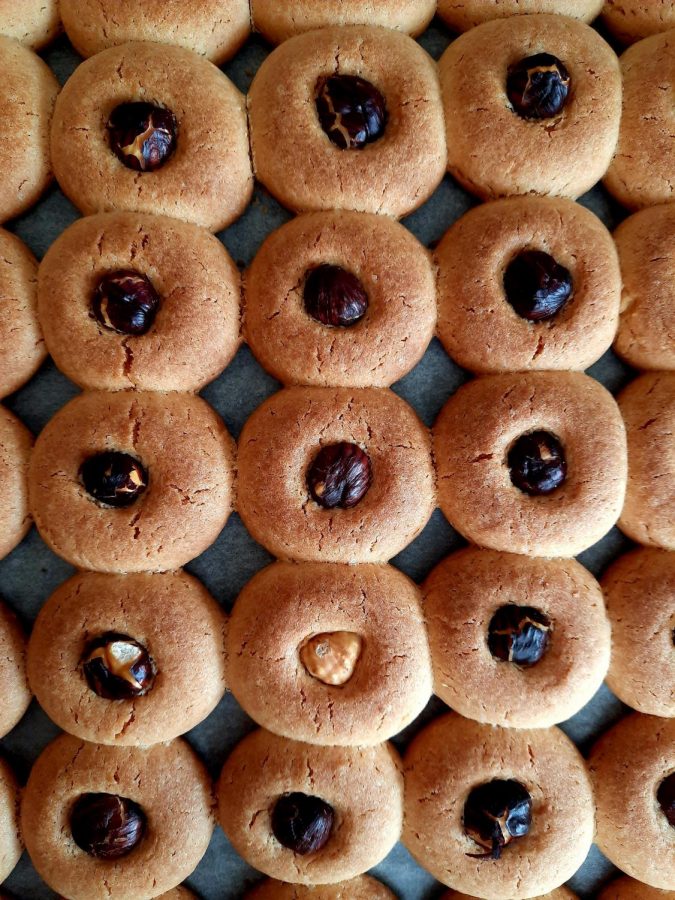What is Ramadan?
More sweets are sometimes consumed during Ramadan.
April 21, 2021
The first morning during Ramadan, I woke up 15 minutes before suhoor. I quietly prepared some ramen noodles, hoping I do not disturb my roommate. This is a shared experience for many Muslim college students.
The Muslim holy month of Ramadan began on Monday, April 12. Ramadan is the ninth month in the Islamic calendar; as the Islamic calendar is based on the lunar cycle, the month varies between 29 and 30 days.
Muslims believe it was during this month that God revealed the first verses of the Quran, Islam’s sacred text, to Prophet Mohammed, on a night known as “The Night of Power” or Laylat al-Qadr in Arabic.
At the end of Ramadan, there’s a big three-day celebration called Eid al-Fitr, or the Festival of the Breaking of the Fast.
“When the month of Ramadan starts, the gates of heaven are opened, and the gates of hell are closed, and the devils are chained,” Mohammed said.
During the entire month of Ramadan, Muslims fast every day from dawn to sunset.
Muslims abstain from eating any food, drinking any liquids, cursing, gossiping, and engaging in any sexual activity.
The morning meal that Muslims eat before dawn to prepare for the day of fasting is referred to as suhoor. The meal wherein Muslims break the fast at sunset is known as iftar.
Ramadan is a month that is heavily based on community, and as a result, these meals are usually eaten with friends or family.
Ramadan can be a difficult time for college students for there may not be many Muslims on campus. Dining halls are often not open before suhoor and are likely closed by iftar.
“Practicing Ramadan alone is pretty difficult,” Wayne State student, Hakeem Tofik, said. “I used to break my fast with a group of people together and it’s a fun social gathering. Now it’s incredibly lonely.”
Additionally, Muslim students who observe Ramadan have found themselves fasting during the most stressful time of the academic year.
“Fasting in Ramadan during school days and finals is hard, as I am less energetic and feel weaker when studying,” Tofik said. “I feel tired all the time.”
The practice of fasting serves several spiritual and social purposes. It serves a reminder of your human fragility and dependence on God for sustenance.
It teaches you to feel compassion for (and a duty to help) the poor and needy.
The lesson of this holiday is to decrease the distractions in life so you can more clearly focus on your relationship with God.








